
Though Andrew Hornery’s critics are the loudest, and in this case for good reason, there are almost as many different views about this debacle as there are clicks on the public trials and tribulations of Johnny Depp and Amber Heard. The two imbroglios are not unrelated, by the way.
Frankly, I’d rather clip someone else’s dirty toenails for a living than trawl through the private lives of other people. But each to their own. Hornery has been at it for so long he must get a warped kick out of his career choice. At least he did until his proverbial backside was booted this week, day after day, by critics across the globe, from Australia to Israel, the US, Namibia and everywhere between. Even by the low standards of gossip columnists, Hornery’s ham-fisted column about what might be Wilson’s first gay relationship is one for journalism students to study for years to come.
How do we flesh out the ethics of when it is legitimate for the media to expose the sex life of a celebrity, or a politician, or any public figure?
Gossip columnists don’t exist in a vacuum. A life built on self-promotion in the media involves doing a deal with the devil. And the devil is not always the media. The devil is the public’s obsession with the private lives of others. And many celebrities use that obsession to build big and very successful careers.
Witness the global craze of clicking on the latest instalment about Depp and Heard. Will this story about two deeply dysfunctional people ever go away? Not if the public remains glued to every crude detail about their failed relationship. It reveals a sorry level of obsession with celebrity when concerned American citizens take to the streets with a placard plastered with “Justice4Depp”. Not abortion rights, not gun control, not higher wages or better healthcare. But rooting, as Americans say, for Depp in a trial where two actors dish out dirt on each other about domestic violence.
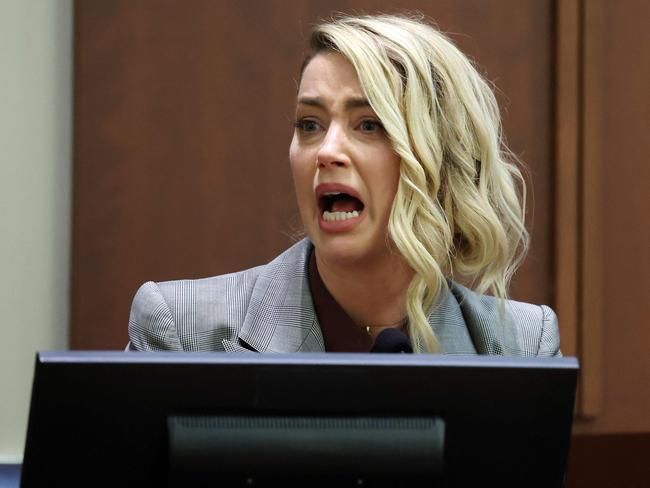
It is not a revelation to state that smutty news about the private lives of others sells newspapers. Not to mention women’s magazines. Only a few months ago, former Australian Women’s Weekly editor Lisa Wilkinson whined about being photographed while eating alone at a restaurant. Wilkinson wasn’t so concerned about the privacy of celebrities when she edited the gossipy pages of Dolly, or Cleo or was editor-at-large at The Women’s Weekly.
Even without that background, Wilkinson’s knack for plastering her face on media outlets brought back memories of Princess Diana trying to bring the media to heel to protect her privacy. As one colleague said this week, if you preen in front of Mario Testino’s camera for Vanity Fair, expect to be snapped by a rookie in your tracksuit one Sunday morning, not looking your made-up, filtered best.
To be sure, it is one thing to photograph Diana in a trackie, and another to out Wilson’s gay relationship. But remember that Wilson fed the public’s same prurient interest by posting about past relationships and, more recently, posting pictures of herself and Ramona Agruma and hinting at a new love in her life. Even before Hornery’s email to Wilson asking for comment about the relationship, the actor had hardly gone to ground about the new romance.
The bottom line is that privacy is easier to protect when you haven’t opened the flood gates of self-promotion. Not all celebrities post about their latest squeeze, and those who don’t will likely maintain more of their private lives.
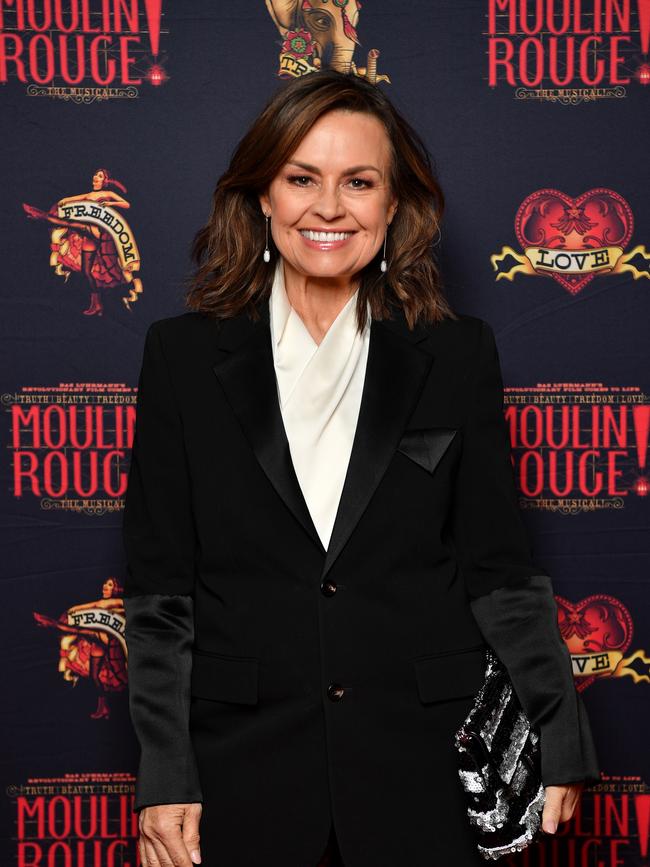
However, while it’s worth pointing to the grey around Wilson’s treatment, media outlets, especially ones that claim or aim to be reputable, should do better than feeding the public’s basic instinct for smut. We have all heard the public interest defence, a lame phrase that means nothing and therefore can mean anything, depending on how clever you are with words.
There will rarely be any legitimate public interest in outing a gay person, even a celebrity. And this was an outing. Hornery wanted to be first to tell the world, in his Private Sydney column, that Wilson was sexually involved with a woman. After he sent her an email with a deadline for response, Wilson posted on Instagram about her “Princess Charming” – Agruma. Then Hornery made it all about him, about him being miffed that Wilson decided, in his poorly chosen words, to “gazump” him.
When Sydney Morning Herald editor Bevan Shields first tried to defend his columnist by saying his piece really wasn’t about Wilson being gay, that was not an accurate representation of Hornery’s commentary. Petulant that he was gazumped, Hornery then carried on about what an easy time a gay person has coming out in 2022, as if that was a good enough reason for Hornery to impose a deadline on Wilson before he revealed her same-sex relationship.
Millions of people, even in the most liberal of societies, still struggle to come out about being gay – at any age. For Hornery to suggest otherwise betrays a practised ignorance or indifference, allowing him to trample on a deeply personal decision so he could whinge about missing out on a scoop. Something as private as what may be Wilson’s first gay relationship should have been Wilson’s story to tell, at the time of her choice.
Any new relationship involves a level of uncertainty that may mean either or both parties are reluctant to reveal it to the world. Even – nay, especially – morally challenged gossip columnists should pause and ask themselves: what is the right thing to do here?

So often, when companies and individuals stuff up, it comes down to that simple question. And then fessing up when a mistake is made. To his credit, Shields wrote that the Saturday piece should not have been published and “that is ultimately on me as editor”. Shields listened to critics, accepted responsibility and apologised to Wilson and the many others who were offended by the piece.
Other groups, especially institutions that barge through mistakes and scandals, could learn from this. Saying sorry is not easy; when it’s done with genuine remorse, it is empowering for all involved.
Some final shades of grey from the Wilson affair to ponder for the future: if Wilson is bisexual, should the media steer clear of revealing a future heterosexual relationship of hers? If so, it is not unreasonable to ask why straight people shouldn’t expect a little more consideration from the media when it comes to exposing their sexual peccadillos.
There is little grey around the revelation this week, from Aaron Patrick’s new book Ego: Malcolm Turnbull and the Liberal Party’s Civil War, that the failed independent candidate for the South Australian seat of Boothby, and zealous participant in the strident attacks by the ABC’s Four Corners team on Christian Porter, Jo Dyer, had a sexual encounter with Porter. Dyer was heavily involved in two Four Corners episodes, one in late 2020 and one in March last year, that made very serious allegations against Porter concerning the alleged rape of a young woman named Kate.
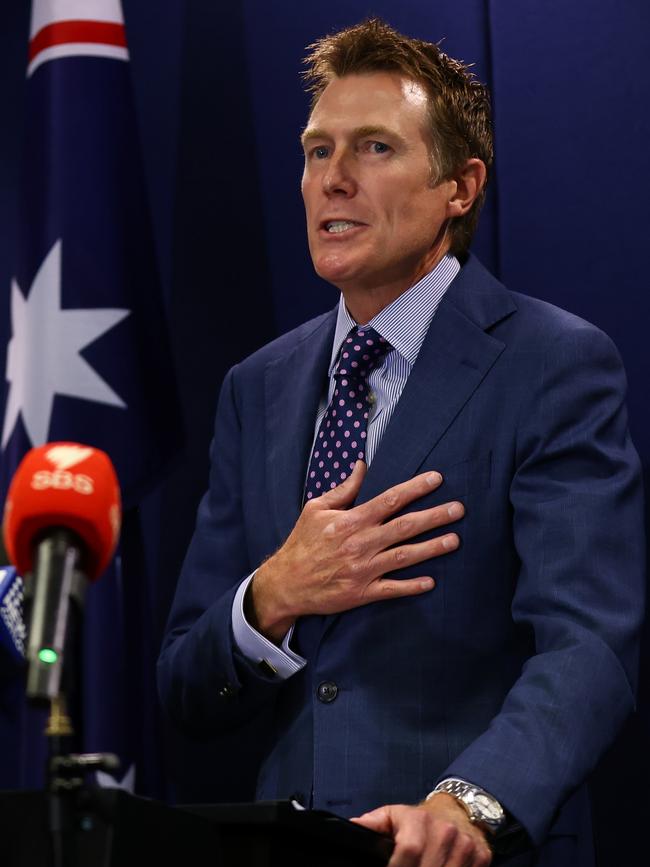
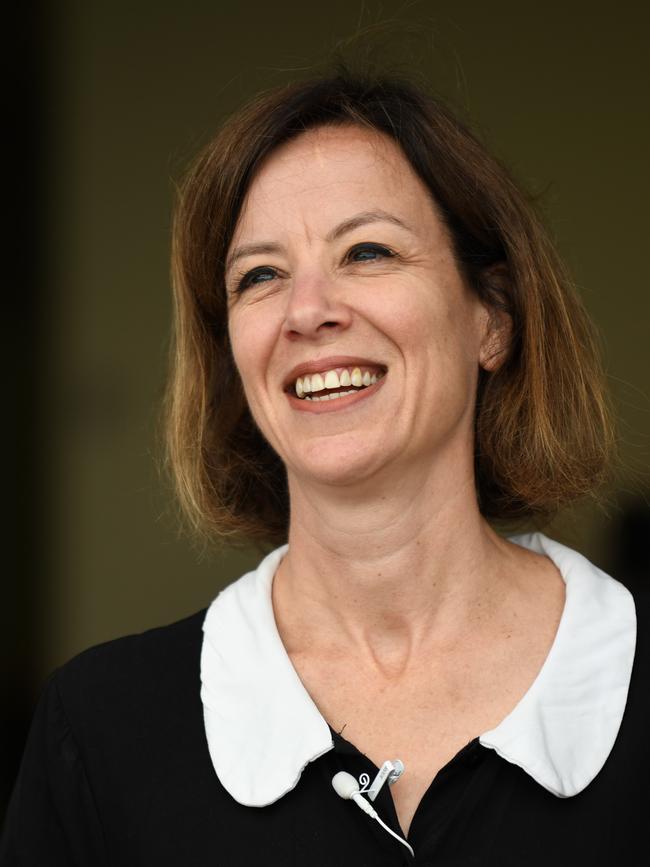
In this case, exposing Dyer’s liaison with Porter is entirely legitimate. If Dyer had been frank about her sexual history with Porter when Kate’s allegations were revealed by Dyer and a group of Kate’s friends, the public could have probed Dyer’s motives, and her credibility, given two factors: first, her sexual history with Porter; and, second, the fact Dyer had no ongoing relationship with Kate for 20 years, resuming contact only in mid-2019.
Indeed, given Dyer’s public statements in her recent campaign for Boothby that “integrity in politics is paramount”, it is surprising Dyer didn’t insist on Four Corners disclosing her history with Porter. That might have been helpful information for viewers when Dyer discussed her private conversations with Kate about an alleged rape said to have occurred when Kate, Dyer and Porter competed and socialised as high school debaters. It is also surprising that ABC journalist Louise Milligan didn’t ask Dyer about her history with Porter or, if she did, chose not to air the answer.
When asked about it by Patrick, Dyer described her sexual encounter with Porter as “entirely inconsequential and statistically insignificant”. With a response that seems so painfully drafted, was she protesting a little too much about its unimportance? Did Dyer bear a grudge against Porter arising from their sexual encounter? Only Dyer knows the answer, but some may wonder whether it even partly explains why she didn’t disclose publicly her history with him when she joined the campaign to end his career.
Exposing the sex lives of people is a fraught area, but that doesn’t mean that, when it’s justified, it cannot be done carefully.




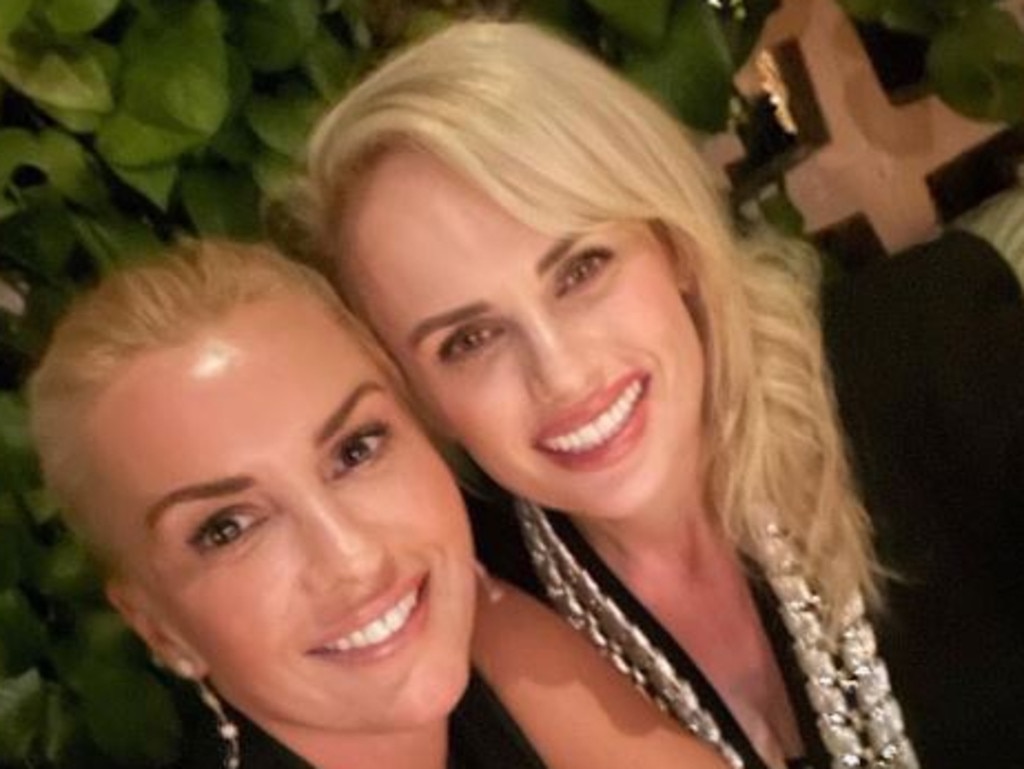


If ever we needed reminding that there are more than 50 shades of grey to our prurient fascination with the sex lives of others, it arrived this week when The Sydney Morning Herald’s resident gossip columnist tried to out Rebel Wilson as gay.